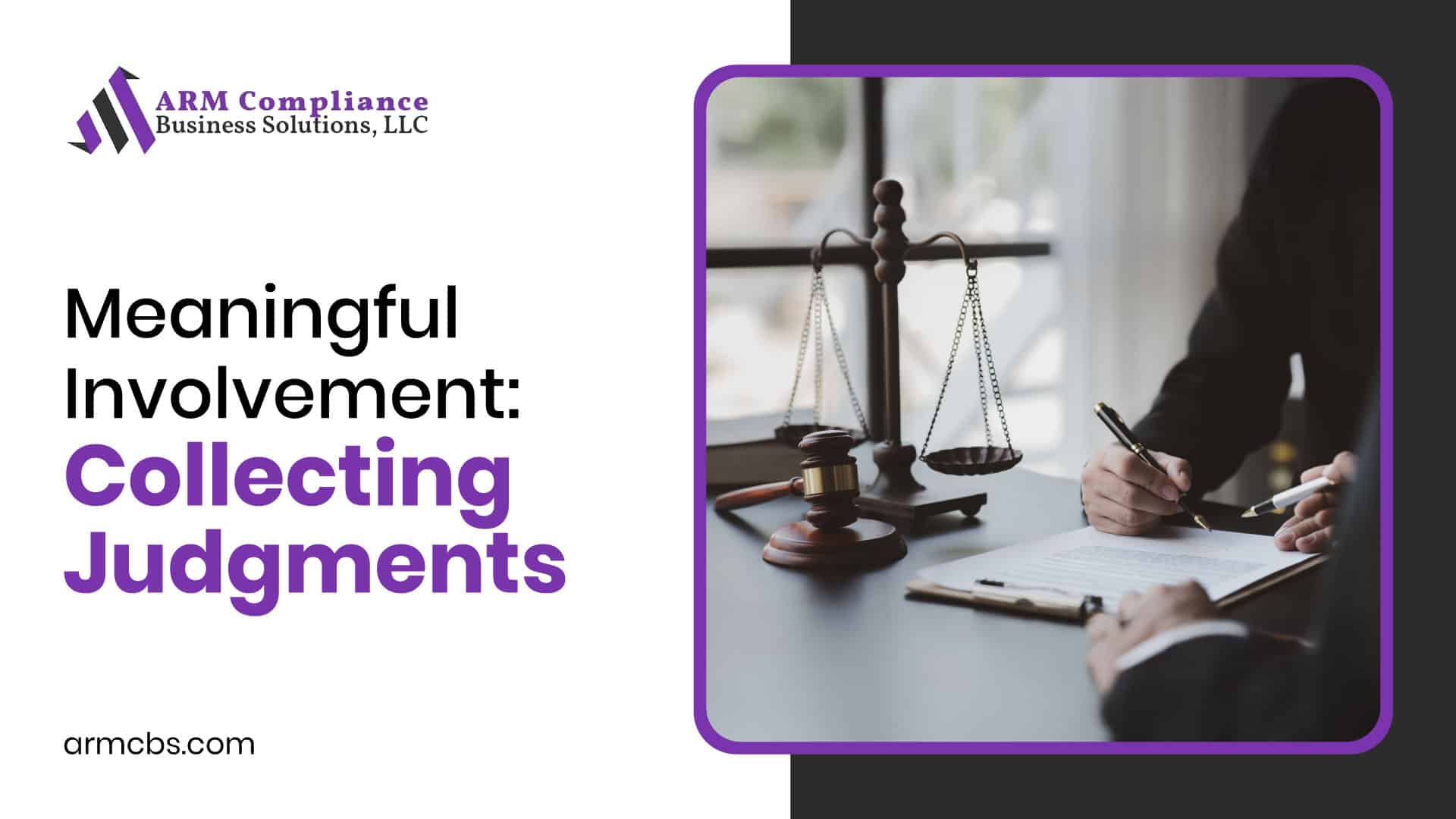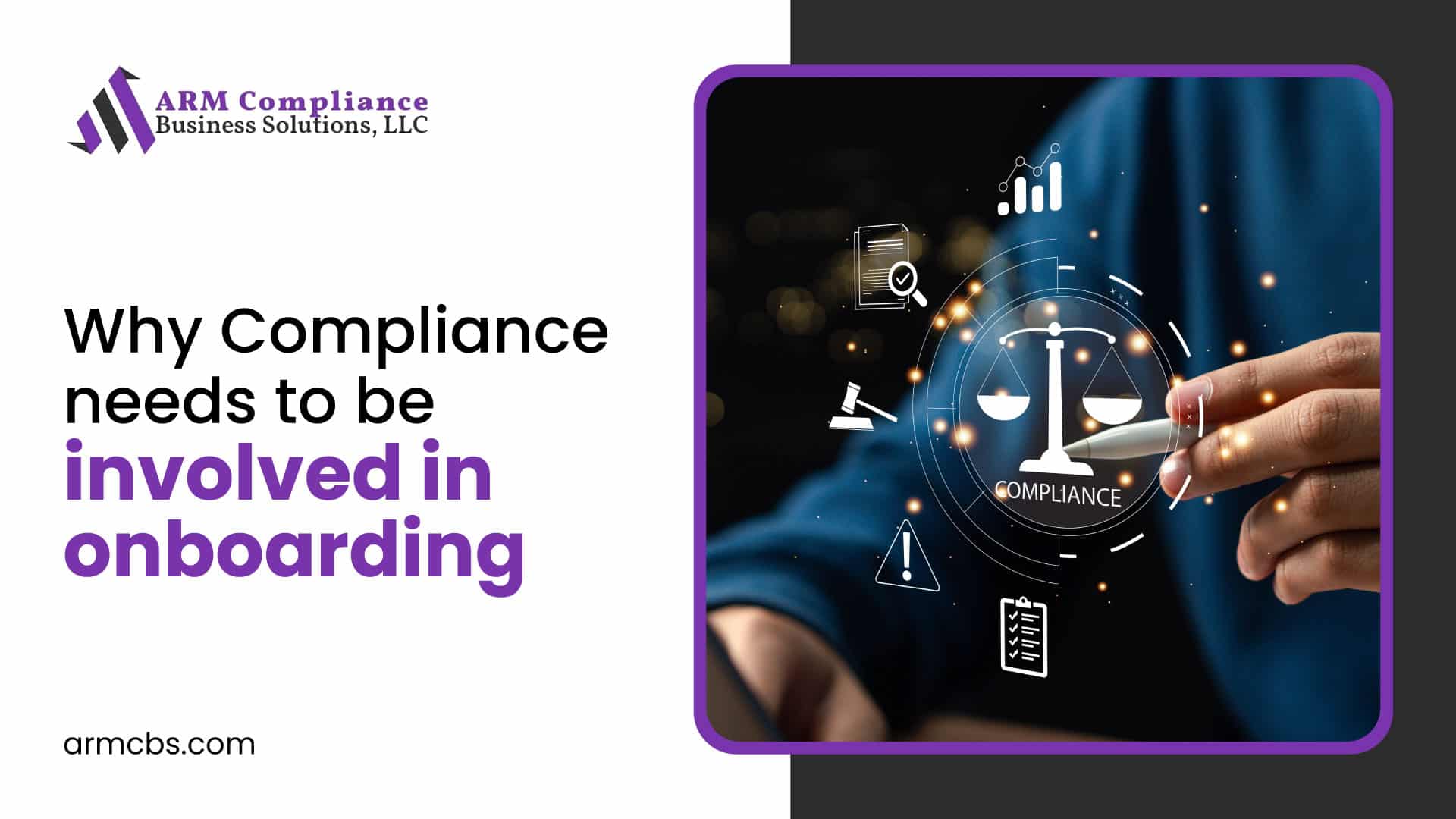By Irene Hoheusle, IFCCE
In the debt collection industry, compliance is often seen as the responsibility of collectors, legal teams, or operations. But there’s a vital group that can’t be left out of the equation, your sales team.
Sales professionals are the first point of contact for your agency. They shape your reputation, set expectations, and determine how well-aligned new business is with your operations. Yet too often, they’re left out of the compliance conversation.
If you want to reduce risk, build trust, and grow your debt collection company the right way, sales compliance training isn’t optional, it’s essential.
Salespeople Set the Tone – Make Sure It’s the Right One
Sales professionals aren’t just pitching services. They’re representing your agency to healthcare providers, financial institutions, and other creditors. They’re shaping how your agency is perceived long before any contract is signed, or account is serviced.
If a salesperson lacks a solid understanding of regulatory requirements, they may unintentionally overpromise, misrepresent capabilities, or agree to actions that simply aren’t legal. And when that happens, the consequences aren’t just awkward, they’re expensive.
Clients don’t distinguish between “sales” and “compliance.” They expect the same level of knowledge and professionalism from everyone they interact with. If your salespeople can’t deliver that, they may never get far enough to let your operations team shine.
No, FDCPA Training Isn’t Enough
A common misconception is that FDCPA training alone is sufficient for sales. It’s not. And neither is sending them through full collector training. Salespeople don’t need to know every detail of account handling, but they absolutely need to understand:
- What laws and regulations govern the services you provide
- What language is required in contracts
- What can (and cannot) be promised
- What legal boundaries cannot be crossed
If you have a training team, task them with creating a compliance training track tailored specifically for sales. If not, partner with your compliance officer to build a program that hits the key points. Better yet, ask your client services team what questions or misunderstandings they’re constantly clarifying, those are the topics your salespeople need to master.
What Compliance Areas Should Sales Understand?
At a minimum, your sales team should be familiar with:
- The Fair Debt Collection Practices Act (FDCPA) and Regulation F
- Unfair, Deceptive, or Abusive Acts or Practices (UDAAP)
- State collection laws and licensing requirements
- HIPAA and GLBA data privacy regulations
- Contract compliance language
Depending on your services, other relevant areas may include:
- E-SIGN Act, consent management, and communication rules
- EFTA and NACHA rules for payment processing
- SCRA for servicemember protections
- TILA when working with financial institutions
- FCRA and FACTA for credit reporting
- IRS 501(r) for early-out medical collections
The more knowledgeable your salespeople are, the more confident they’ll be, and the more confident your clients will feel about doing business with you.
Benefits of Sales Compliance Training
Training your sales staff in compliance brings measurable value:
1. Lower Legal and Regulatory Risk
They’ll know how to stay within the lines, reducing the chance of legal trouble.
2. Stronger Client Relationships
Clients appreciate knowledgeable partners. Trust starts at the first conversation.
3. Better Operational Alignment
Accurate sales messaging ensures smoother handoffs and better onboarding.
4. A Stronger Reputation
Professional, compliant conversations from the start build long-term credibility.
5. Sales as a Strategic Advantage
Compliance isn’t just a box to check. It’s a differentiator in a highly regulated industry.
Risks of Skipping It
If sales training in compliance is missing, here’s what you’re exposing your agency to:
- Misrepresentation and Overpromising
- Contractual issues that can’t be fulfilled
- Damage to your reputation in tight-knit industry circles
- Regulatory scrutiny from something said before a deal was even signed
Build a Culture Where Sales and Compliance Work Together
It’s time to tear down the silos. Sales and compliance must work hand in hand. That means:
- Ongoing compliance training for sales
- Clear, documented sales procedures
- Access to compliance experts for questions and support
- Updates on regulatory changes that affect how you pitch and operate
When salespeople are well-trained in compliance, they don’t just sell, they protect your agency, elevate your brand, and support long-term growth.
A Final Thought
You don’t need a salesperson who can sell reading glasses to a blind person. You need someone who can help the client see they don’t need glasses, they need you.





